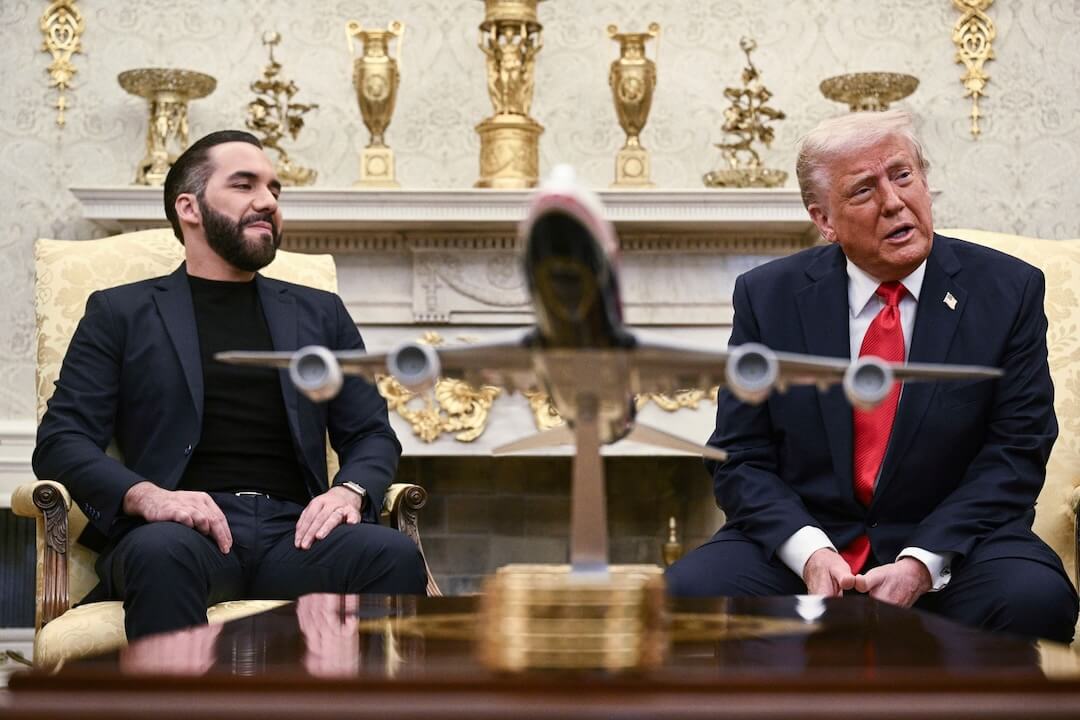I saw Norman Mailer in his now discarded flesh on three
occasions. The first was in 1969. I was a college student with a
summer job in New York City, and you never knew what famous person
you’d run into on the streets of the Big Apple. One sunny
morning, as I was walked down Fifth
Avenue, I saw a small mob gathered on a corner surrounding two
men. When the crowd parted, I recognized one as newspaper
columnist Jimmy Breslin, and the other as author Norman Mailer.
It turned out the two writers were making a mischievous run for public
office (knowing full well they
would never get elected) with Mailer a candidate for mayor and Breslin
for president of the city
council. Their platform included secession from New York
State. Standing side by side, they looked less like a ticket and
more like a comedy team, with Mailer as Mighty Mouse and
Breslin looking a lot like Baby Huey.
Flash forward to 2004. I am standing in a Boston hotel, and
down a small staircase in the lobby, walking stick in hand, comes a
very odd looking little man, his hair gray and unruly, his ears direct from Disneyworld, his whole demeanor sending off a
vibe of a subdued wisdom capable of spontaneous violence. “Oh, my God,
it’s Norman Mailer,” I said to myself, “and he looks like Yoda.”
What followed was an hour’s lecture by Mailer at the Nieman Conference on Narrative Journalism,
a spirited and defiant vision of American letters, politics, and
culture. What I remember most was Mailer’s theory that great
leaders showed a respect for the language that poor leaders lacked.
It got me thinking about the distance between a Lincoln or Churchill
and a Warren Harding or…well you can finish the sentence.
That night I attended a dinner for the speakers at the home of Nieman curator Bob
Giles. It was a cozy affair, filled with food,
drink, laughter, and lots of talk about writing, journalism, and
politics. I sat with some friends, and, at an adjacent table I
saw Mailer sitting with other bigshot authors. I could have walked ten
feet and shook his hand, but it’s not my style to press myself on
celebrities. A couple of hours later, I grabbed my coat when I looked to see Mailer sitting at his table — alone.
What followed took about two minutes and went something like this:
“Hello, Mr. Mailer, I’m a writing teacher, and I
wanted you to know that I’ve been recently teaching one of your old
essays.”
“Which one is that?”
“The Death of Benny Paret.” [This essay describes a famous
prizefight in which Emile Griffith beat Benny Paret into a coma, resulting in Paret’s death.]
“I watched that fight with an English woman,” he said. “I wound up marrying her.”
I told him, “I use the essay to show writers how they can vary the lengths of their
sentences for effect, the way you used a long sentence to describe how
long it took Paret to fall to the canvas, followed by all those short
sentences that describe the mounting realization that his brain was
smashed.”
He responded, “I don’t remember intending that, but I see how you could have read it that way.”
And that was that. Two minutes with Norman Mailer. Two
minutes in which we touched on boxing, writing, and women. I’ve
argued that important writers fall into two big categories:
generous and reclusive. The generous ones think of themselves as
members of a community of writers, rather than as kings or queens of
the hill. Speaking of queens, there’s a story that Mailer once
head-butted Truman Capote, and he liked to take on other writers, such
as Germaine Greer or Gore Vidal, with the pugnacity of a pug.
But he didn’t head butt me, or try to stab me with his butter knife. He waved me to the
seat beside him, shook my hand, chatted me up, respected my reading of
his work. When the two minutes were over, he had made me feel like a fellow writer.






